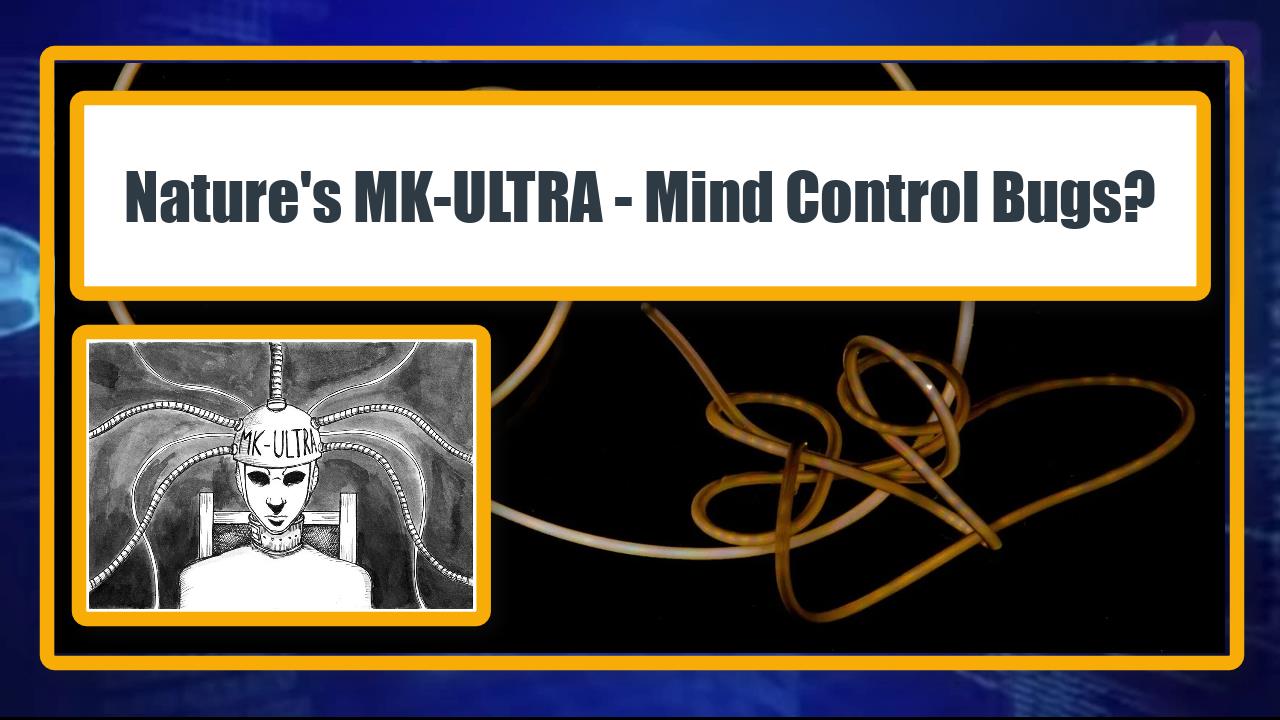Video:
Take our online poll:
AI Analysis:
Bugs, in the context of insects and arthropods, are generally not known to cause mind-altering effects on humans. While some insects, such as certain species of spiders and scorpions, produce venom that can affect the nervous system and cause symptoms like pain or muscle spasms, they do not typically induce mind-altering or hallucinogenic effects. Similarly, bug bites or stings from common insects like mosquitoes, ants, or bees might cause localized pain or allergic reactions, but they do not alter a person's mental state.
However, there are exceptions to this general rule. Some insects, such as certain species of beetles or caterpillars, produce toxins that can have psychoactive effects on humans. These toxins are often used for self-defense against predators. For instance, the blister beetle secretes a substance called cantharidin, which, when ingested, can cause severe gastrointestinal irritation and can potentially lead to hallucinogenic effects. Likewise, certain caterpillars, like the puss caterpillar, possess venomous spines that can cause painful and sometimes hallucinatory reactions in humans if accidentally touched.
It is important to note that while some bugs may have substances with psychoactive properties, they are not used recreationally or as mind-altering substances by humans. In general, the risk of encountering mind-altering effects from bugs in day-to-day interactions is extremely low, and such effects are more commonly associated with substances of natural or synthetic origin specifically sought for their psychoactive properties.
References:


Comments